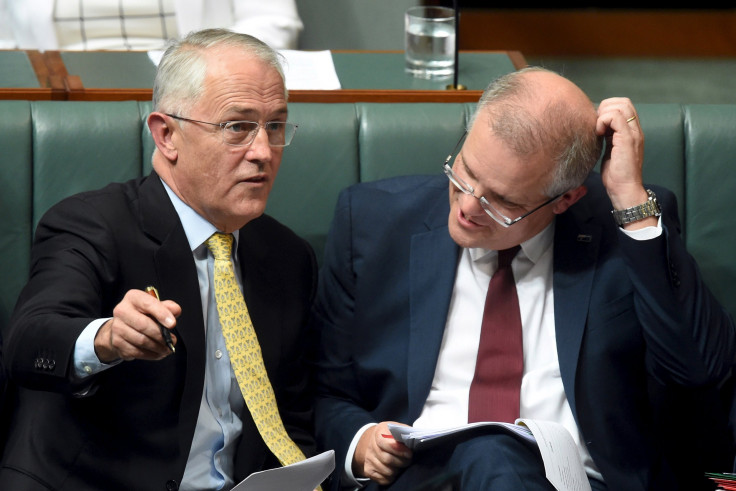Competition Law: Big win for small business in government embrace of competition 'effects test'

In a major victory for small business and the Nationals over big business, the government has agreed to write an “effects test” into competition policy.
It will make it easier to stop large businesses exploiting their market power to the disadvantage of small businesses and farmers.
The new test, which will be an amendment to section 46 of the Competition and Consumer Act, would change the law so it only has to be shown that the effect, rather than the purpose, of a corporation’s decision would be to substantially lessen competition.
Importantly, under the changes, a company will no longer be able to rely on the defence that their actions to exclude competitors were actions that their smaller competitors could take as well.
Announcing the change, Prime Minister Malcolm Turnbull said: “What this will do is ensure that our competition law works better to enable competition, to enable smaller businesses, emerging businesses, to be better able to compete.
“We know that while larger firms are often very innovative and very often very competitive, they are more innovative if the hot breath of competition is coming down their neck.”
But the Business Council of Australia slammed the decision. BCA President Catherine Livingstone said if Australia “wants to have an innovation-driven economy, this is poor policy”.
Government sources said Treasurer Scott Morrison had been in favour of bringing in the effects test – in contrast to his predecessor Joe Hockey.
The Abbott cabinet was deeply divided on it, when it was recommended to it by then small business minister Bruce Billson, and it was put on hold.
Turnbull on Wednesday strongly denied he had opposed it then, saying he had “always taken a thoroughly open mind to this issue”. At the time he was reported as being against it.
Revisiting the effects test was one of the conditions the Nationals inserted into the Coalition agreement concluded with Malcolm Turnbull.
The Nationals have for years been deeply concerned at Coles and Woolworths in particular exploiting their market power over suppliers.
The decision is in line with the Harper Review into competition policy, which found the current misuse of market power provision was not reliably enforceable and permitted anti-competitive conduct.
Turnbull said the government was “backing small business”. The change was not about protecting one firm over another, he said, but about “protecting consumers overall … protecting the whole competitive process”.
“This is a vital economic reform. This is yet again a case of my government taking long overdue reforms out of the too-hard basket.” He said this reform, like media reform on which the government was also moving, “has been in the long grass for many years”.
Deputy Prime Minister Barnaby Joyce said the decision would be welcomed by thousands of farmers and small and medium enterprises.
“The Coalition Government has listened to the overwhelming view of agricultural and small business stakeholders,“ he said.
“For the first time in Australia, the Australian Competition and Consumer Commission (ACCC) will have meaningful provisions to protect businesses that have been subject to misuse of market power,” Joyce said.
The chairman of the ACCC Rod Sims said the change would be “good for competition, good for the economy, and good for consumers”.
In a statement, the opposition said a deeply divided cabinet had come to a decision that would “chill innovation and investment. The only beneficiaries of this decision will be lawyers”.
“Malcolm Turnbull has totally capitulated on the effects test after earlier arguing against it.”
Labor said among the questions for the Treasurer were how much food prices would increase, what impact would the decision have on forward investment, and how many jobs would be affected.
The Greens welcomed the decision. The Council of Small Business of Australia (COBOA) congratulated the government on its decision.
“In particular, COSBOA is aware that the Business Council of Australia and big businesses such as Westfarmers have been placing undue pressure, indeed threatening, the Government on this issue. However, the Government has stood firm.”
The changes are not expected to come in before the election.
Michelle Grattan, Professorial Fellow, University of Canberra
This article was originally published on The Conversation. Read the original article.





















